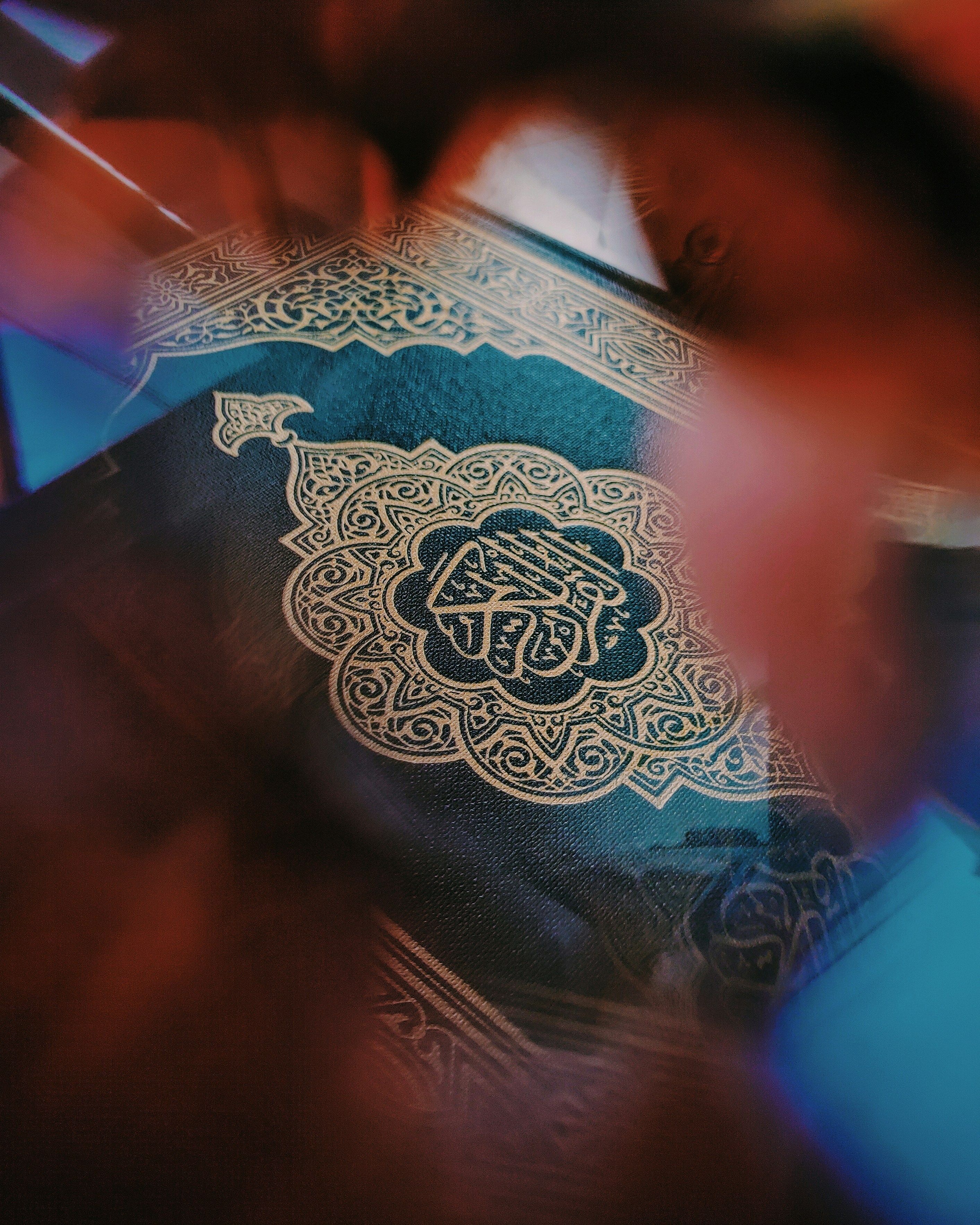
For this December edition, I was going to reflect on Zakat as the next item in the series on “charitable giving”, but I will defer it to January, in time for the month of Ramadhan which starts in March. With the global turmoil caused by public corruptions and corporate greed, I am sharing a few verses from the Qur’an for all of us to reflect on.
“Corruption has spread across land and sea, because of what humankind has done with its own hands and God will make them suffer the consequences of what they have done – perhaps they will amend their ways!” (Chapter 30, “The Romans”, verse 41).
This verse was revealed around 616 AD when the Prophet was struggling in Makkah trying to convince his own tribe to believe in the One God, and fighting to remove many of the socio-economic practices prevalent at that time in Arabia. The above verse purposefully shifts attention from the malaise experienced in the Prophet’s small community and pivoted to the larger malaise brewing in the surrounding geographic areas between the Byzantine Empire (Eastern Roman Empire) and the Sassanid Persian Empire. The verse also referenced problems the larger Roman (Western) Empire and the Pope in Rome were experiencing as each group competed and collaborated to define the character and theology of Christianity in the early centuries of Christianity.
Perhaps, at this time in the Prophet’s mission, things looked gloomy. In the verse, God provided a glimpse of the larger cause for the Prophet’s efforts that were yet to come, which were consistent with the notion that “We sent you (Prophet) as a mercy to Mankind (not just Arabs)” (21:107, revealed around 618AD). This is something that we should not forget today. Our focus should be on the long-term vision of realizing the principles of truth and justice in society (7:181). This can be done here at home (USA), while also enabling similar transformation around the world. It may sound audacious to think this way but if we don’t aspire for a vision that is larger than ourselves, we cannot motivate ourselves to develop thoughts and ideas, formulate long range strategies and define specific tasks to execute year in and year out, This effort over time should move the pendulum in the right direction.
The following verse revealed around 620AD, perhaps prior to Prophet’s migration to Madinah can serve as either an inspiration for action or a warning for inaction: “If the people in their towns had believed and acted responsibly, God would certainly have opened the blessings of the heavens and the earth for them. But they denied and neglected, so we took accounts of what they have earned (by their conducts)” (7:96). Each one of us have unique perspectives, skills and resources that are within our control and sphere of influence. How would we use these tools as we navigate the current turmoil? Can we or should we do it individually or in collaboration with others?

